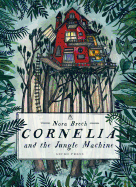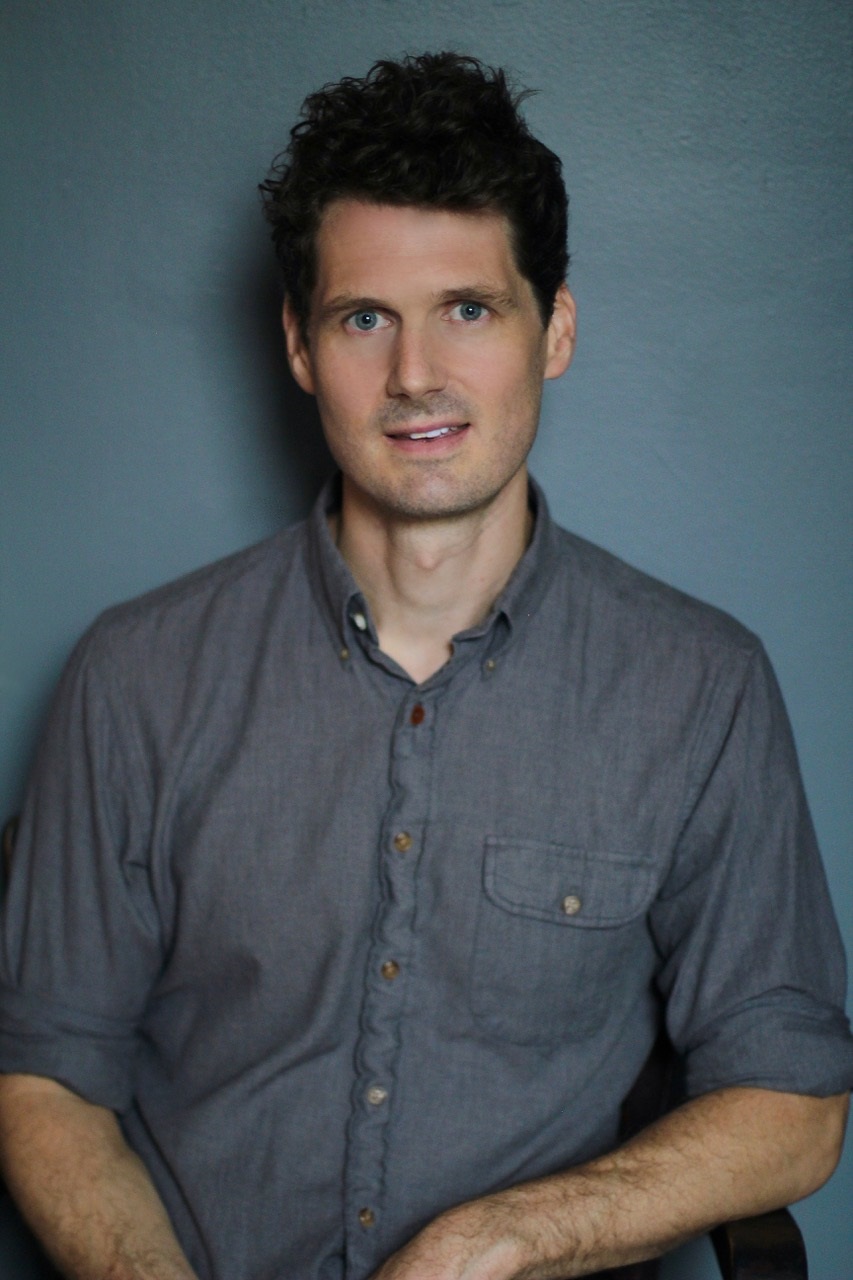 |
| photo: Sammy Tunis |
Alexander Tilney is a graduate of the Warren Wilson College MFA Program for Writers and has been a fellow at the MacDowell Colony. His writing has appeared in the Southwest Review, the Journal of the Office for Creative Research and Gelf magazine. He lives in Brooklyn, N.Y., with his partner, theater artist Sarah Hughes. His first novel, The Expectations, was just published by Little, Brown.
On your nightstand now:
Oh my poor, long-suffering nightstand. The ones I'm actually reading are The Cave Painters by Gregory Curtis (an introduction to the pre-agricultural cave paintings of Europe) and the outstanding Friday Black by Nana Kwame Adjei-Brenyah. Other than that, my nightstand is an exhibit of my failed aspirations.
Favorite book when you were a child:
All of Hergé's Tintin comic books. I'm very conflicted about them: they are racist both in their depictions of non-Europeans and in their white-savior storylines. But the overflowing love for the physical world on display in the drawings is intensely moving, and the stories and characters are just exciting and fun. I also found them after my family moved to England when I was young: I felt very out-of-place and vulnerable then, and so having a character I could relate to made the Tintin books almost survival supplies for me.
Your top five authors:
This is an impossible question! Here are five that make me desperate to write my own small things:
Marilynne Robinson makes life glow without being all precious about it.
Leo Tolstoy. Boring but true. I always have the sense that reality is more important for Tolstoy than making a flawless book, and I love that impulse.
James Baldwin is just simply a giant. His essays so convincingly ask, "What if this culture I'm being asked to assimilate into isn't so great and I don't want to be part of it?" And therefore, I asked myself for the first time, "Would I have chosen to be part of this culture?" Giovanni's Room was also very important for me, and let me discover one of the things I keep writing about: the danger of isolating parts of yourself. Neither he nor John Cheever (another favorite) went to college, which is also a wonderful slap in the face during the recent admissions scandal. Baldwin had in fact never set foot on a college campus until after Go Tell It on the Mountain was published! What a badass.
Bernard Malamud. Love for language and people just drips off his books.
Amy Hempel. I usually have a hard time with books of short stories--each one is over just as I've become really invested. But Hempel has the most amazing ability to make fiction feel lived in, surprising and disappointing and then meaningful again the way my own experience feels. I revere her.
Book you've faked reading:
I have definitely led people to believe that I've read Gravity's Rainbow by Thomas Pynchon, and that is not the case. Also, The Faerie Queene. I know you shouldn't talk sh*t about other authors, but I do not like Edmund Spenser.
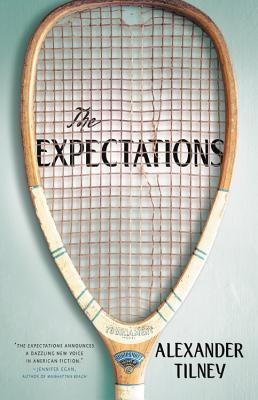 Book you're an evangelist for:
Book you're an evangelist for:
Middle Passage by Charles Johnson. How can a book about the worst of human nature be so funny? Or maybe it couldn't be any other way?
Book you've bought for the cover:
Those mid-'90 Vintage paperbacks, especially the Faulkner ones. I thought they looked cool and would make me seem smart.
Book you hid from your parents:
I hid many things from my parents, but never books. My dad's mother died of polio when he was seven (please vaccinate your kids!), and to survive he became absorbed in books until he emerged again. So I think I could have brought home any book on earth, no matter how depraved, and he would have said, "Let me read it after you."
Book that changed your life:
Infinite Jest by David Foster Wallace. I know this is a very compromised choice, both because of Wallace's behavior and because of his fans. Nevertheless, when I read Infinite Jest at age 19, I had no choice but to try to be a writer, and that qualifies as a life change. I also had to learn through hard experience that my natural voice is nothing like Wallace's, and that was an important life change, too.
Favorite line from a book:
I'm intentionally altering a quote from Geoff Dyer's brilliant and vexing book about jazz musicians, But Beautiful: "Artists are those who turn whatever happens to them to their advantage." I like this because a) it makes me feel like a warrior, and b) it also means that the separation our culture puts between "real artists" and "people who are awake to their life" is bullsh*t. I think you can be just as much an artist without a recording contract or a painting hanging in a gallery.
Five books you'll never part with:
The Stories of John Cheever
Look at Me by Jennifer Egan
Paris Trout by Pete Dexter
Some Prefer Nettles by Junichiro Tanizaki
Kitchen Confidential by Anthony Bourdain
Book you most want to read again for the first time:
Little Women by Louisa May Alcott. Age 12 was not the right time for me to have this assigned to me, and it's a cornerstone for about half a dozen of the writers I most respect. I know it's going to feel like the first time when I read it this time.
Advice you would have given yourself a decade ago:
It takes as long as it takes.
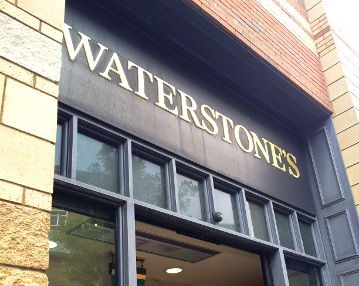





IPC.0204.S3.INDIEPRESSMONTHCONTEST.gif)




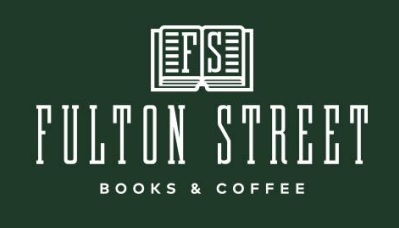 Onikah Asamoa-Caesar, a former teacher and strategy director at a Tulsa, Okla., nonprofit aimed at early childhood education and parent engagement, has launched an
Onikah Asamoa-Caesar, a former teacher and strategy director at a Tulsa, Okla., nonprofit aimed at early childhood education and parent engagement, has launched an 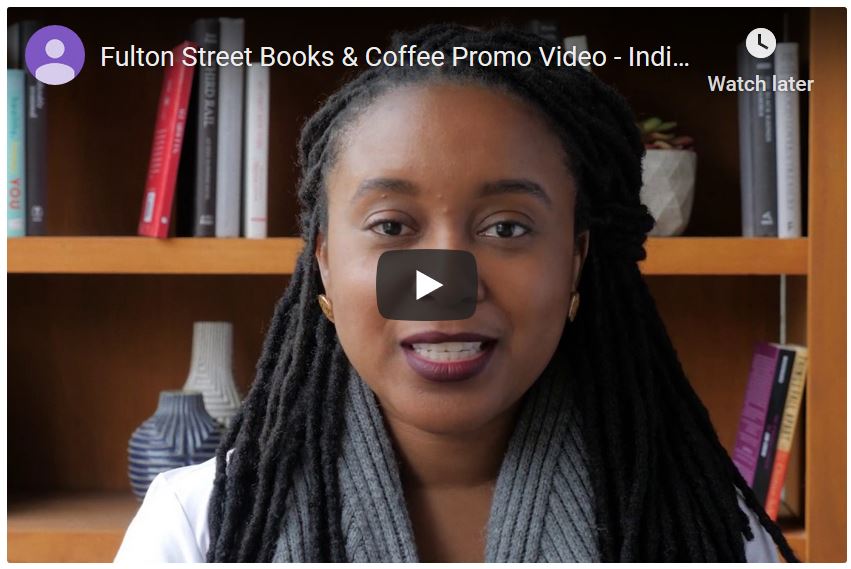

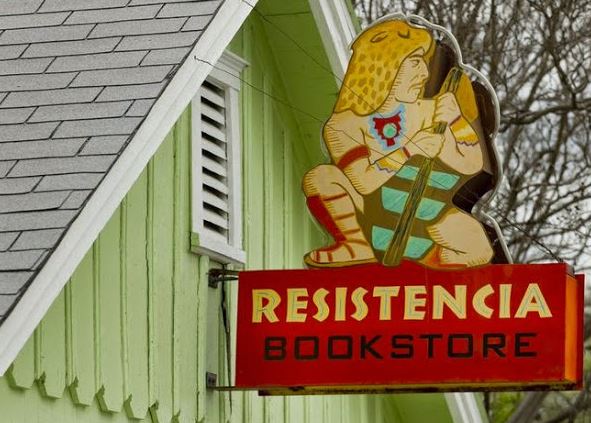

 Amazon is opening a warehouse in Pittsburgh, Pa., its 15th operations facility in Pennsylvania. The warehouse will have more than one million square feet, and about 800 employees will pick, pack and ship larger customer items, such as sports equipment, patio furniture, kayaks and larger home goods, the company said.
Amazon is opening a warehouse in Pittsburgh, Pa., its 15th operations facility in Pennsylvania. The warehouse will have more than one million square feet, and about 800 employees will pick, pack and ship larger customer items, such as sports equipment, patio furniture, kayaks and larger home goods, the company said.IPC.0211.T4.INDIEPRESSMONTH.gif)
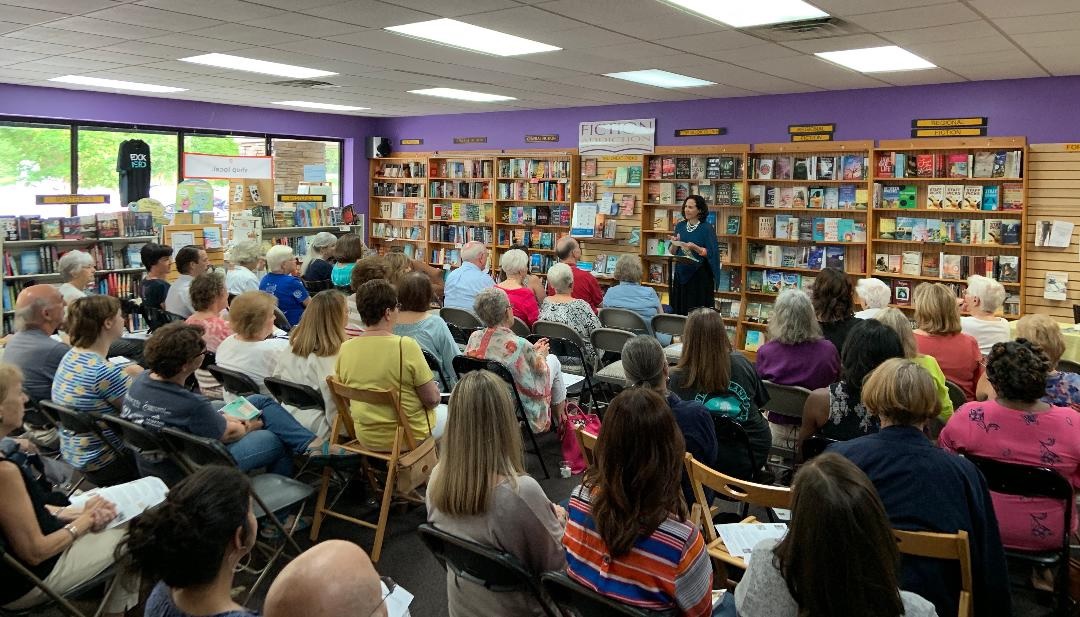
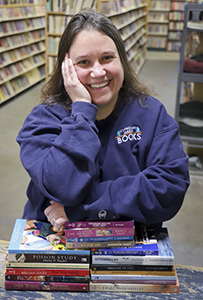
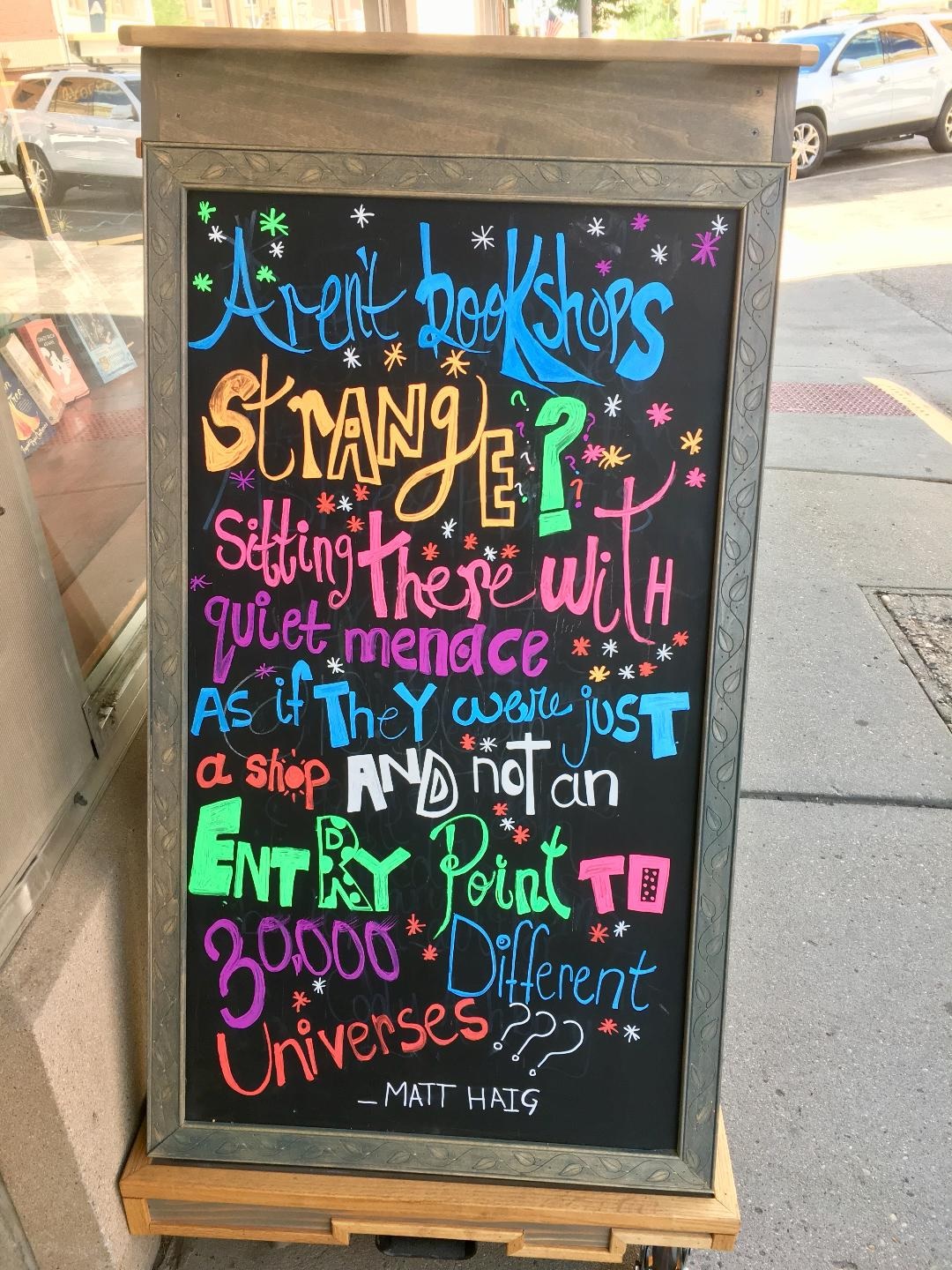 The artists at
The artists at 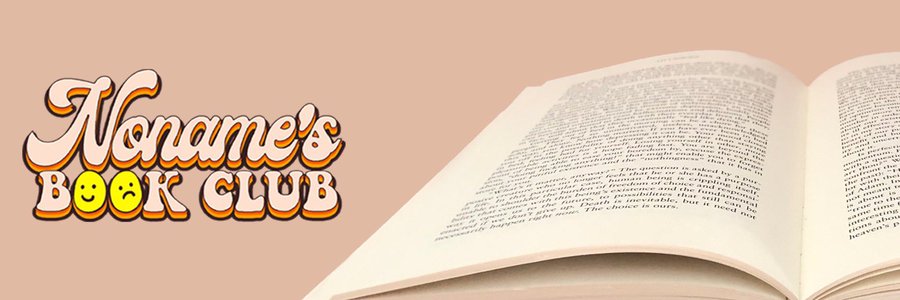 Chicago rapper Noname has officially launched
Chicago rapper Noname has officially launched 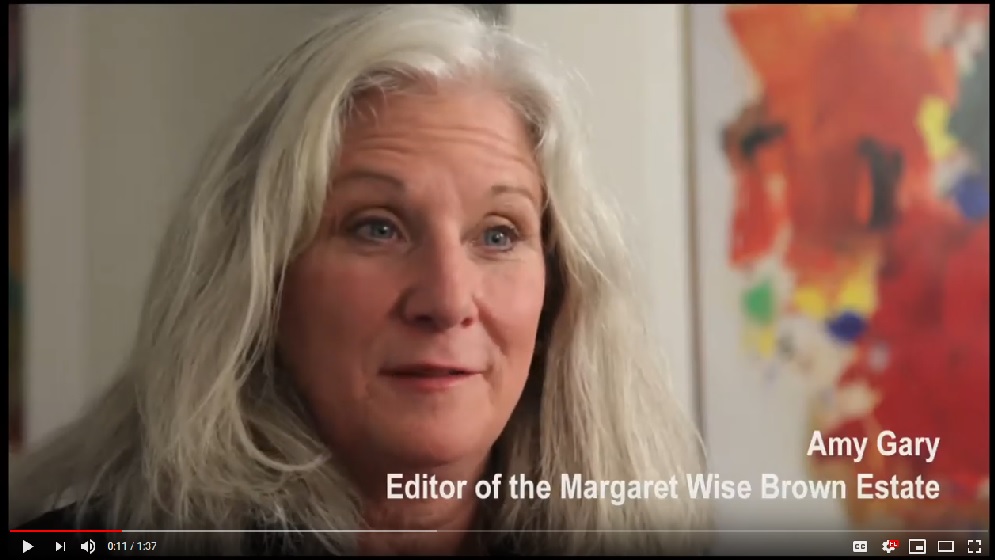 Good Night Songs Treasury: A Collection of Bedtime Poems
Good Night Songs Treasury: A Collection of Bedtime Poems
 Book you're an evangelist for:
Book you're an evangelist for: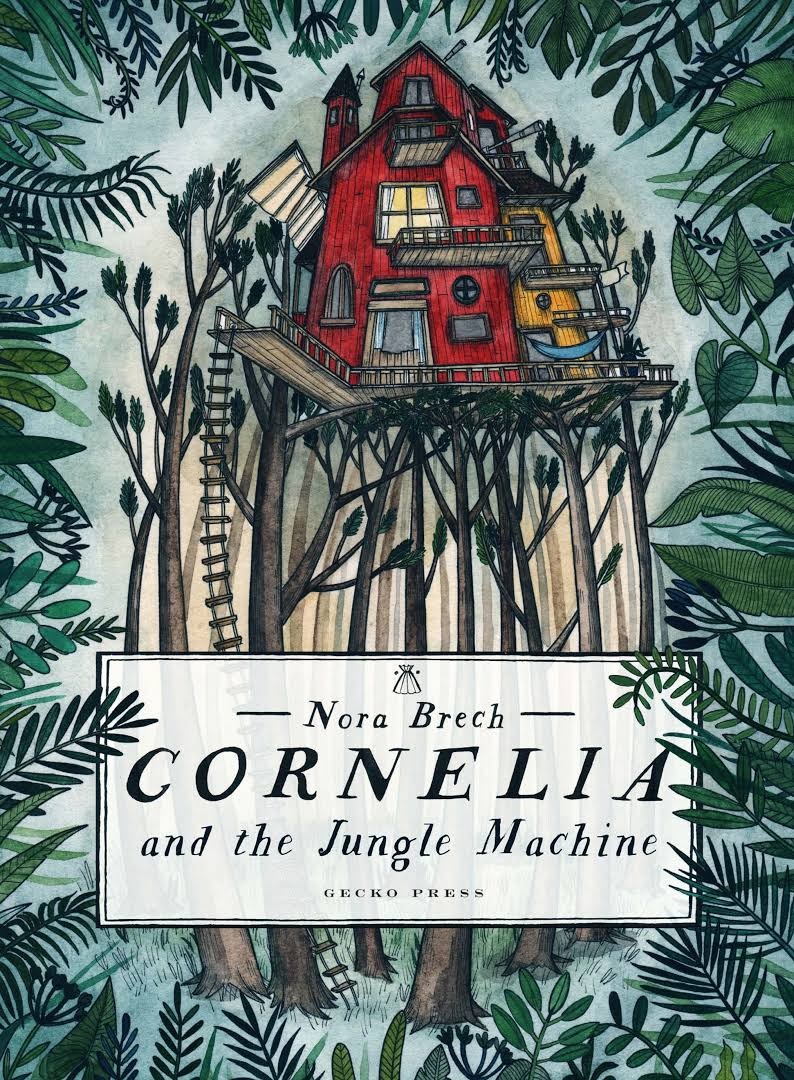 "I don't want to live here," says Cornelia.
"I don't want to live here," says Cornelia.